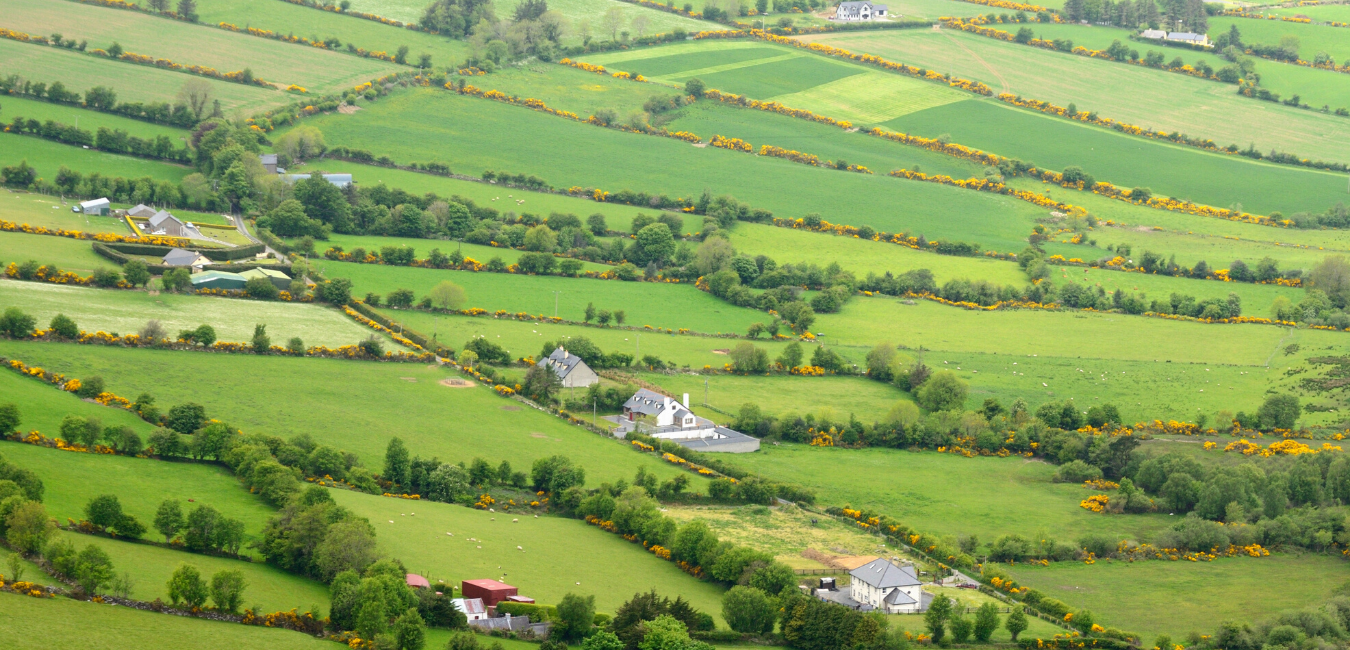Author: Nicola Cooke
National Broadband Ireland (NBI), the company working with Government to deliver the National Broadband Plan (NBP) which will address the country’s rural/urban digital divide, today announced that surveying works in several areas – including Carlow – are well underway.
Surveying
NBI contractors have been on the ground since January surveying townlands in Cork, Galway, Cavan, Limerick, Westmeath and Wexford among others. This involves physically walking the routes and documenting images, notes and measurements of the poles, cables and underground ducts in each area. In Carlow the first areas being surveyed include: Downings, Ballymurphy, Coppenagh, Killerig, Friarstown, Slaney Quarter and Kilmagarvoge. Others will include Nurney, Agha, Oldleighlin, Clogrenan and Kellistown.
This will enable design solutions for the provision of a fibre network to every premises in the Intervention Area – a map of almost 537,000 premises nationwide identified by the Department of Communications, Climate Action and Environment (DCCAE) as not being served with adequate broadband services.
Carlow
In Carlow, there are 8,088 premises the Intervention Area (IA), which
includes homes, farms, commercial businesses and school. This equates to 29% of
all premises in the county. Under the National Broadband Plan, Carlow will see
an investment of €32M in the new high speed fibre network. This will enable
e-learning, remote monitoring of livestock or equipment, e-health initiatives,
better energy efficiency in the home, and more remote working – all of which
support the National Development Plan (NDP).
The first homes in Carlow will be connected next year, with over 115,000
premises nationwide passed with the fibre network and available for connection
within 18 months. In Year Three of the rollout, NBI will continue to ramp up
its design and build activities, and 40% of all premises in the (IA) will
have access to future-proofed high-speed FTTH broadband by then.
Further Deployment Details
NBI has updated its website www.nbi.ie with a search tool to enable the public to check whether their premises is within the rollout area, and to show indicative dates for early surveying areas. All areas must firstly be surveyed to enable low level designs for building out the new high speed fibre network. The first of these – for the townlands around Carrigaline in Cork – is now complete, and connections are expected by end of year. The next connections will be in Galway in early 2021. There are 227 ‘deployment areas’ nationwide across 26 counties where the fibre works will take place. The first phase of the rollout has already seen over 33,000 premises surveyed.
Broadband Connection Points (BCPs)
Separately, surveying is also underway for a target of 300 BCPs that will be connected nationwide over the course of 2020. These facilities – which include GAA clubs, schools, community centres and other public facilities – will provide free access to high speed internet in the rollout area.
Over 250 have had surveys completed to enable high speed connection capability, by a designated retail service provider. These will pave the way for rural communities in the IA to receive the benefits of broadband, from mobile working, e-learning and mobile banking, to digital tourism. In Carlow, some BCPs include Duckett’s Grove, Borris Library and Rathanna community centre.
Progress on the ground
NBI chief executive Peter Hendrick said the company was pleased with the progress being made: “We started physical work on the ground in January and I am delighted to report that this is going very well. We are acutely aware that people want access to high speed broadband as soon as possible, and our goal is to deliver that.
“Future proofed fibre broadband will be key to ensuring that Ireland is fully and reliably connected in this digital era – and for future generations to come. The BCPs are a milestone in delivering access to high speed internet in the Intervention Area, and we’re working hard to ensure the first BCP launches are delivered in the next few months.”
The public can log onto www.nbi.ie for more information or to sign up for updates in their area.
They can also call 0818 624 624 (local call rate) or email contactus@nbi.ie



